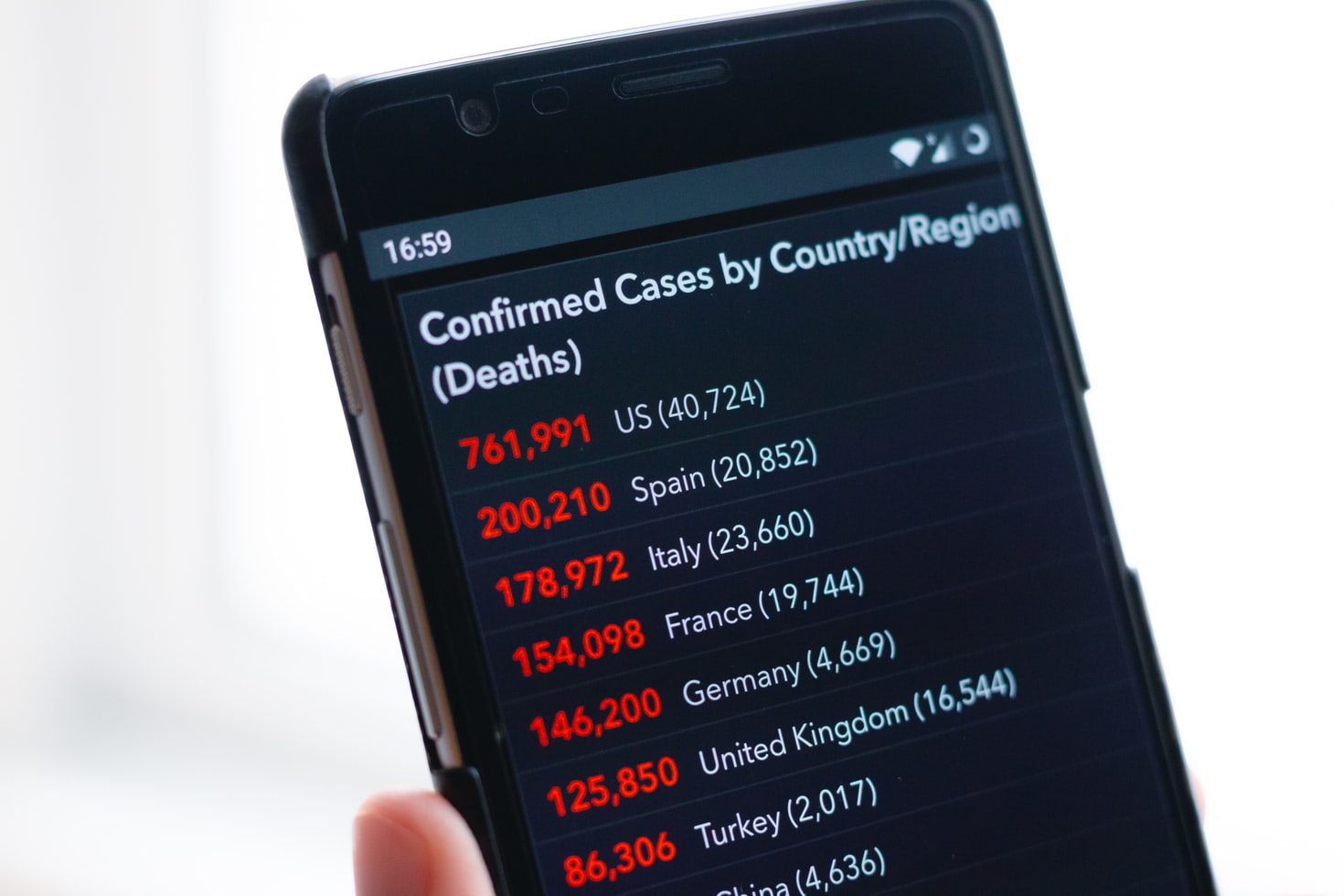Findings:
Global financial markets have been heavily impacted by the effects of COVID-19 spread. As the numbers of cases started to increase globally, mainly through the US, Italy, Spain, Germany, France, Iran, and South Korea, the world financial and oil markets significantly declined. Since the start of the year, leading U.S. and European stock market indices (the S&P 500, FTSE 100, CAC 40, and DAX) have lost a quarter of their value, with oil prices declining by more than 65% as of April 24, 2020. Daily data on stock market volatility and price movements are good indicators of consumer and business confidence in the economy. There were significant negative relationships between the daily number of COVID-19 cases and various stock indices. The correlation ranges from −0.34 to −0.80.
Conclusion:
As the spread of the virus is likely to continue disrupting economic activity and negatively impact manufacturing and service industries, especially in developed countries, we expect that financial markets will continue to be volatile. There is still a question as to whether this unfolding crisis will have a lasting structural impact on the global economy or largely short-term financial and economic consequences. In either case, it is evident that communicable diseases such as COVID-19 have the potential to inflict severe economic and financial costs on regional and global economies.


